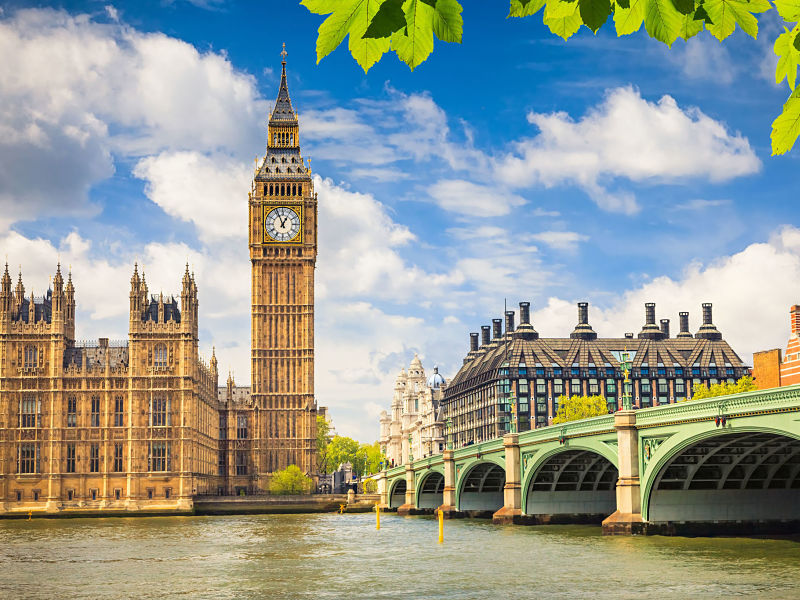
Fears that the British economy is heading for recession mounted sharply Thursday after the Bank of England raised borrowing costs by more than anticipated, seeking to combat stubbornly high inflation with a hike that will hit borrowers hard, particularly homeowners who have to refinance in the coming months.
On a busy day for central bank action in Europe, the Bank of England said its nine-member Monetary Policy Committee decided to lift its main interest rate by half a percentage point to a fresh 15-year high of 5%. All but two of the panel backed the half-point increase.
The size of the bank’s 13th hike in a row was somewhat of a surprise, with most economists predicting a smaller quarter-point increase.
Bank Gov. Andrew Bailey warned of further increases if inflation fails to show clear signs of heading down.
“We are committed to returning inflation to the 2% target and will make the decisions necessary to achieve that,” he said.
Clearly, rate-setters have been spooked by the failure of inflation in the U.K. to ease as fast as predicted. Inflation has proven stickier than in other major economies, with many blaming the bank for being too slow to start raising borrowing rates and Britain’s departure from the European Union, which has added to import costs.
Figures on Wednesday showed U.K. inflation unexpectedly holding steady at 8.7%, fueling concerns over the outlook for prices after predictions for a modest decline to 8.4%.
With wages rising fast, it’s increasingly clear that high inflation has become embedded in the economy.
“The economy is doing better than expected, but inflation is still too high, and we’ve got to deal with it,” Bailey said. “We know this is hard — many people with mortgages or loans will be understandably worried about what this means for them. But if we don’t raise rates now, it could be worse later.”
Across Europe, central banks also decided to push up borrowing costs Thursday, including the Swiss National Bank with a quarter-point hike and Norway with a half-point increase. Turkey hiked sharply in a signal of a shift from unusual economic policies.
Banks around the world, from the U.S. Federal Reserve to European Central Bank, have rapidly raised interest rates to bring down inflation first stoked by supply chain backups tied to the rebound from the pandemic and then Russia’s invasion of Ukraine. The Fed has since paused but indicated the possibility of more hikes this year.
Higher interest rates help lower inflation by making it more expensive for individuals and businesses to borrow, meaning they potentially spend less, reducing demand and pressure on prices.
The U.K. rate hike will pile further pressure on borrowers, particularly the 1.4 million or so households that will have to refinance their mortgages over the rest of the year.
The increases will clearly come at a cost, and there are concerns over the outlook for the British economy, which has so far avoided falling into recession even as Europe’s economy contracted slightly in the six months ending in March.
“It is increasingly difficult to see how the U.K. avoids a recession as part of the process of bringing inflation down,” said Luke Bartholomew, senior economist at asset management firm abrdn. “And today’s large rate increase will probably be seen in retrospect as an important milestone towards that recession.”
In a recession, unemployment would inevitably increase and home repossessions would become more prevalent — hardly the backdrop the Conservative government wants ahead of a likely general election next year. It is trailing the main opposition Labour Party in the polls.
Treasury chief Jeremy Hunt said the battle against inflation has to take priority despite the likely painful fallout.
“Our resolve to do this is watertight because it is the only long-term way to relieve pressure on families with mortgages,” he said. “If we don’t act now, it will be worse later.”
Not everyone is convinced that the bank is doing the right thing, arguing that previous interest rate increases have yet to work their way through the economy — there’s always a lag.
“Pushing interest rates so high that the economy is driven into recession will only make the current crisis worse, costing people their jobs and their homes,” said Paul Nowak, general secretary of the umbrella Trades Union Congress.